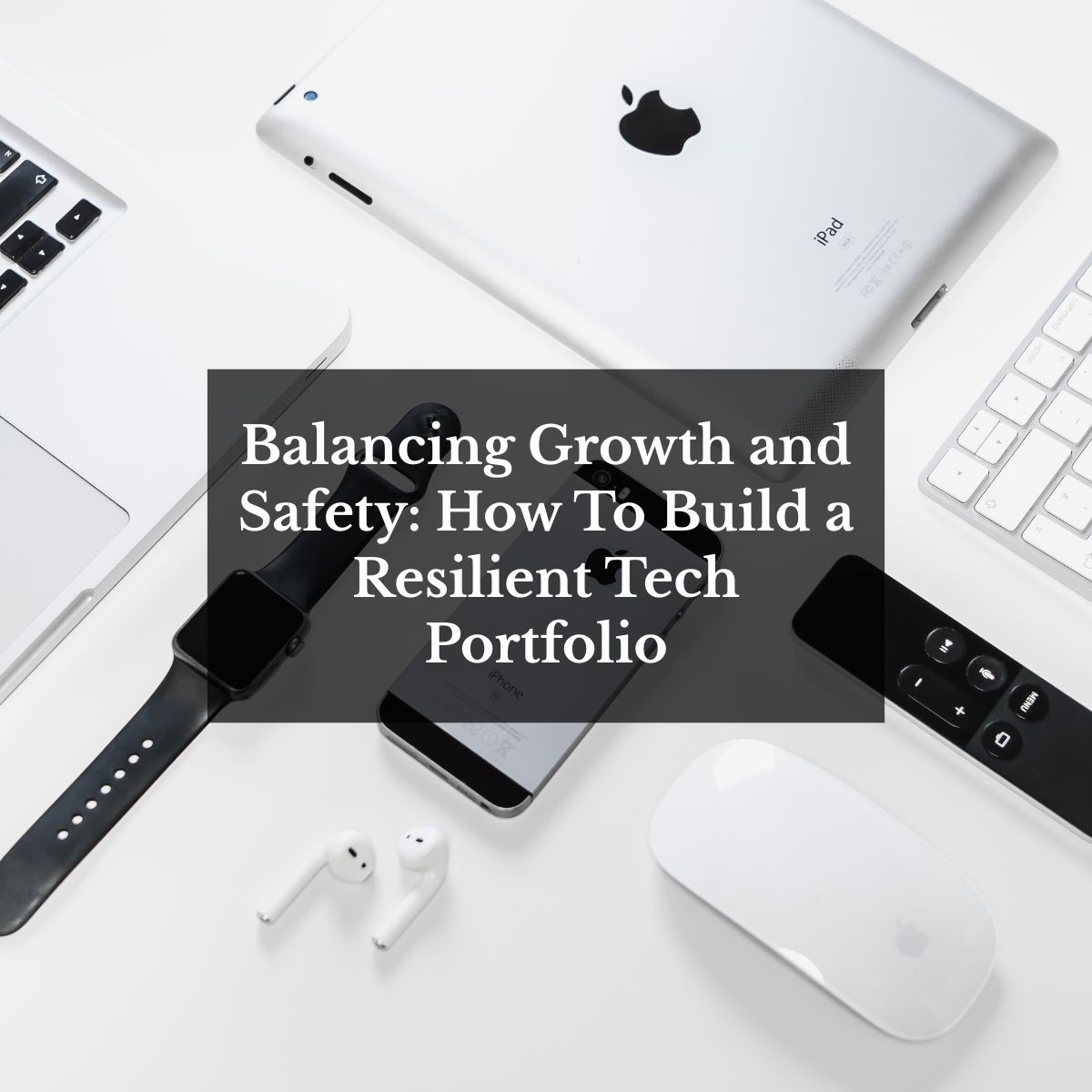https://www.chicagotribune.com/sns-wp-blm-news-bc-akre19-20140219,0,3392704.story
chicagotribune.com
Riskless Return shows Chuck Akre on top after leaving FBR
By Charles Stein, Bloomberg News
Bloomberg
11:20 PM CST, February 19, 2014
Four years after setting out on his own, Chuck Akre is still on top.
The $2.8 billion Akre Focus Fund, started by Akre after he left FBR Fund Advisers in a dispute over fees, produced the best risk-adjusted performance among large-cap value funds since its inception on Aug. 31, 2009, according to the Bloomberg Riskless Return Ranking. The fund combined the best total return with lower than average volatility in a group of 83 peers.
Akre, who previously ran the top-performing FBR Focus Fund, looks for businesses he calls compounding machines, companies that produce high rates of return for shareholders, and holds them for a long time. He has owned one stock, insurer Markel Corp., for more than 20 years. If he likes a business, he will stick with it, even when its valuation looks expensive or when it underperforms the stock market.
“The really good companies are scare and hard to find,” Akre said in a telephone interview from Middleburg, Va. “In our experience, our shareholders are better served when we hold on.”
Akre Focus Fund produced a risk-adjusted return of 8.7 percent since inception. It had a total return of 122 percent combined with a volatility of 14, better than the average of 17.6 for value funds with at least $1 billion in assets that buy stocks with large market capitalizations.
Bloomberg’s risk-adjusted return is calculated by dividing total return by volatility, or the degree of daily price-swing variation, giving a measure of income per unit risk. The returns aren’t annualized.
Akre beat 99 percent of peers as manager of the FBR Focus Fund from 1997 to August 2009, according to Morningstar Inc. He set up his own fund after Arlington, Va.-based FBR asked him to accept a cut in fees. Akre Focus beat 99 percent of competitors over the past three years, data compiled by Bloomberg show.
“He may be one of the best investors to walk the planet, and hardly anyone knows him,” Steven Roge, a money manager with Bohemia, N.Y.-based R.W. Roge & Co., said in a telephone interview. Roge, who oversees more than $220 million, has client money in Akre’s fund.
For Akre, as for many value managers, the risk that matters most isn’t volatility, which can sometimes create opportunities to buy, but a permanent loss of capital. He mitigates that danger, he said, by owning good businesses and holding anywhere from 5 to 17 percent of his portfolio in cash. The cash protects him when markets fall and guarantees he will have funds available to buy when the time is right.
The $7.6 billion SunAmerica Focus Dividend Strategy Portfolio ranked second with a risk-adjusted return of 8.2 percent, combining the second-highest absolute return in the group with below-average volatility. The $1.1 billion Weitz Value Fund was third, with a risk-adjusted gain of 7.7 percent.
Akre, 71, keeps an old milking stool in his office to remind him of what he calls his three-legged stool approach to investing.
For a company to be attractive it must have three qualities: a high return on invested capital, a management team that puts the interests of shareholders first and the ability to reinvest excess cash back into the business. The latter is critical, said Akre, “because managers can create or destroy value quickly with their reinvestment decisions.”
The top 10 holdings in the Akre Focus Fund as of Dec. 31 represented 62 percent of the fund, compared with an average of 28 percent for U.S. stock funds as a group, Morningstar data show. The biggest position, Purchase, N.Y.-based MasterCard, accounted for 9.5 percent.
While that concentration makes the fund vulnerable to a stumble by a single company, it’s a risk Akre has handled successfully, said Alec Lucas, an analyst at Chi



